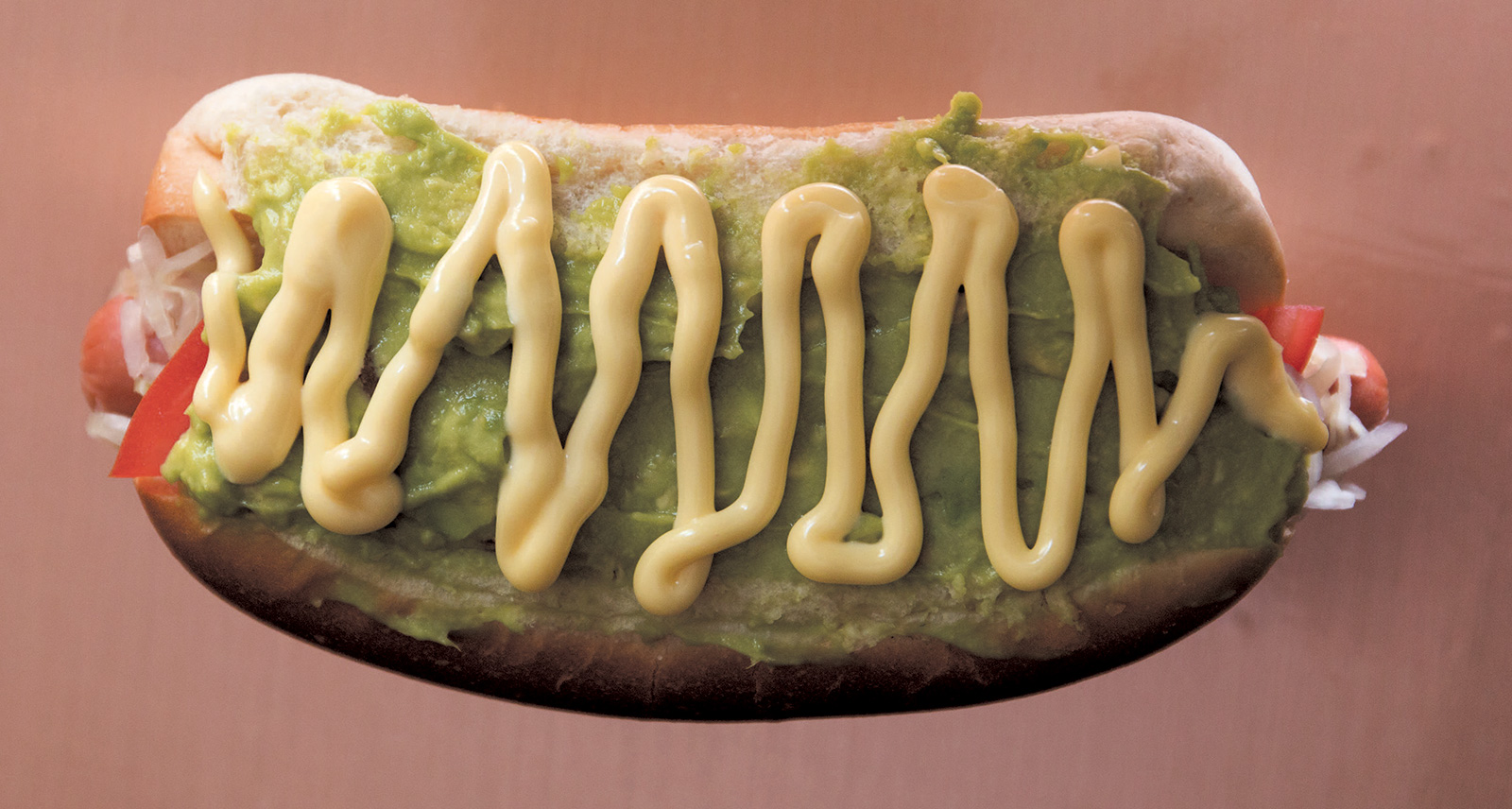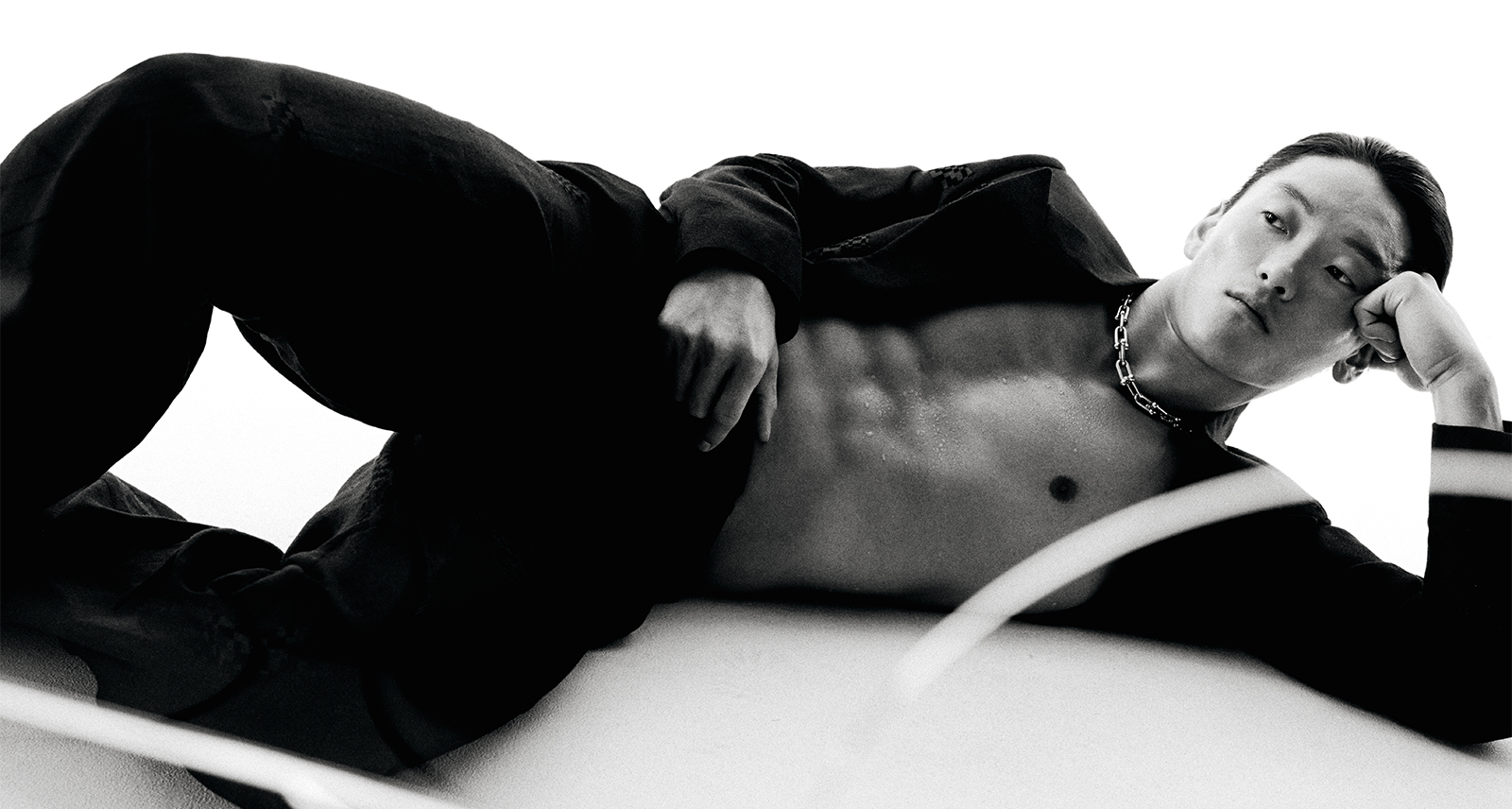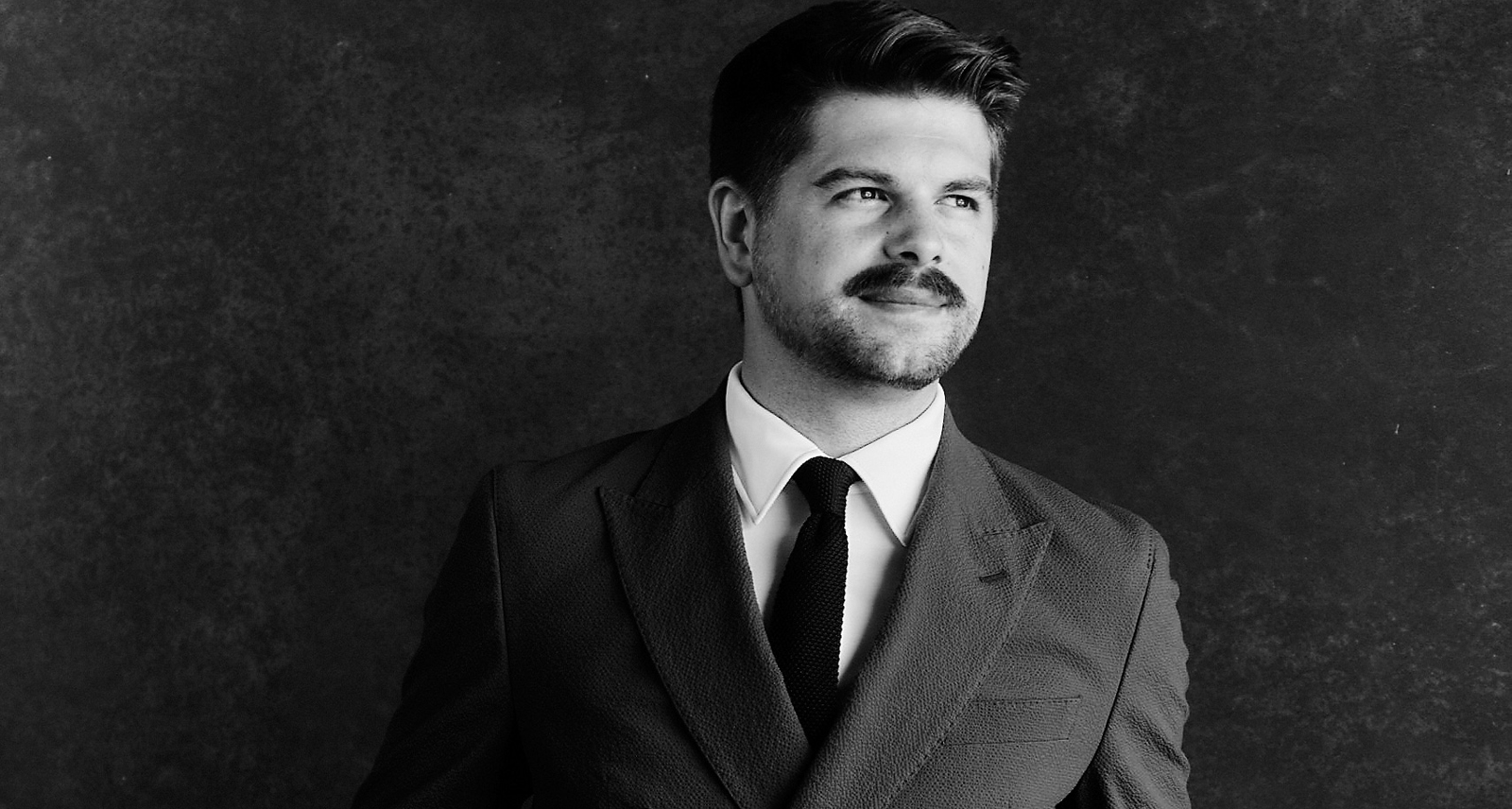Lucky Peach‘s Chris Ying Thinks Restaurants Need to Charge More
Food is hot these days. Social media’s favourite currency is the plate shot, TV is awash in high-quality food porn, and you’re not really a successful musician unless you’ve got your own restaurant or brand of artisanal water. What a time to be alive, indeed — especially if you’re hungry.
If foodie-ism has a journal of record it’s Lucky Peach, the publishing arm of Momofuku chef David Chang’s growing business empire, whose regular contributors include Anthony Bourdain and Aziz Ansari. This month, Lucky Peach drops The Wurst of Lucky Peach (Penguin Random House), a book dedicated to the sausage in all its surprising variations, from the classic Chicago-style hot dog to Vietnamese banana leaf-steamed cha lua). It’s the first in a series of single-subject food books designed, in the words of editor Chris Ying, to be “read in the bathroom just as easily as in the kitchen.”
That statement conveniently sums up both the book’s diverse contents (travel writing, anecdotes, recipes from a fictional Las Vegas hotel called “Wiener Palace”) and Chris Ying’s sense of humour. We sat down at Momofuku in Toronto to talk restaurants, food fads and, of course, sausage.
•••
This is the first book in a series from Lucky Peach. What were some of the other topics on the table?
The next book is going to be about eggs. Eggs and sausage were kind of the two that we were bouncing back and forth as to which one would be our lead title for this series. Ultimately what won out was this dumb pun book title, The Wurst of Lucky Peach. That kind of put it over the edge.
We’ve always wanted to do an exploration of rice. We had some designs on writing a book about fried chicken, and since we put out this book my mom has been in my ear about putting out a book about coconut. Ultimately I’d love to do something like the Time Life series of books about ingredients and places. I’d also love to do single-subject cookbooks about specific cuisines and specific destinations. There are an infinite number of topics that we’d like to cover.
Sort of a Lucky Peach library?
Exactly.
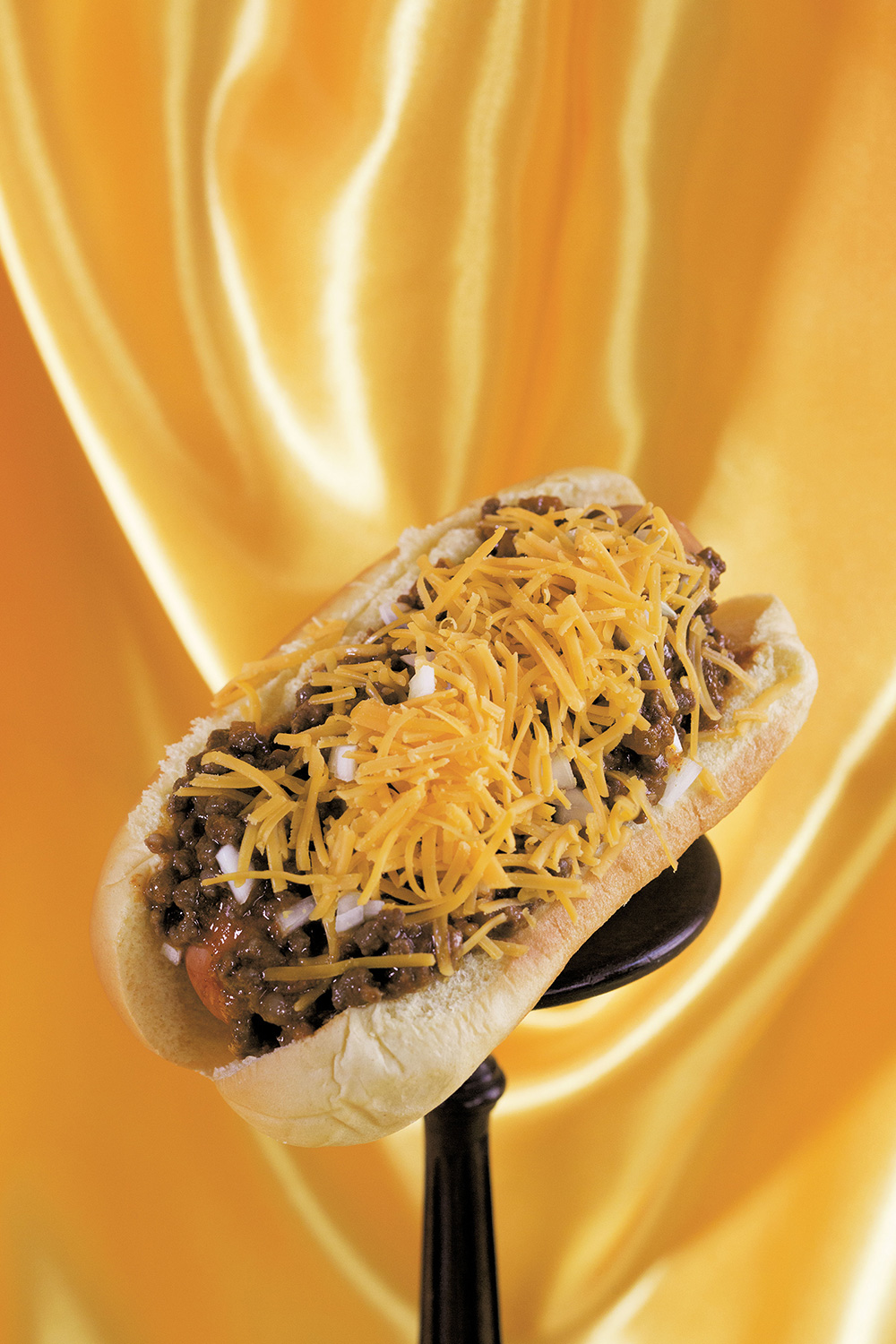
You concede in the introduction that you only tried half-heartedly to limit the bad puns and sausage-dick jokes. Do you have a favourite?
I really liked all of the stupid recipe section titles like Play With Your Weiner. Sometimes I have to be reigned in with the juvenile stuff.
Have you tried a Toronto street cart sausage?
I haven’t yet. Usually street meat is a thing I consume later in the evening. Before we started talking I was thinking about that exact thing and wondering, ‘Is it a good idea to just have a totally sober Toronto street sausage? For the sake of science?’
I’d say no. There’s something to be said about how and when it’s meant to be consumed.
For sure, that’s a huge part about street food in general. One of the biggest mistakes you can make is eating a food out of the right context. There’s a reason why things are served at different times.
Is there a trick to eating for a living?
I’d say so. There are naturally gifted people like [Los Angeles Times food critic] Jonathan Gold who are exceptionally good at eating food and staying excited about the sixth meal of the day. I love to eat, but I don’t have that skill. I think part of being able to travel and eat is to kind of have a line between eating for work and eating for surviving. Not every single meal of your life can be an exceptional eating experience. There is a little bit of knowing your limits and not trying to cram amazing experiences into every moment of your day.
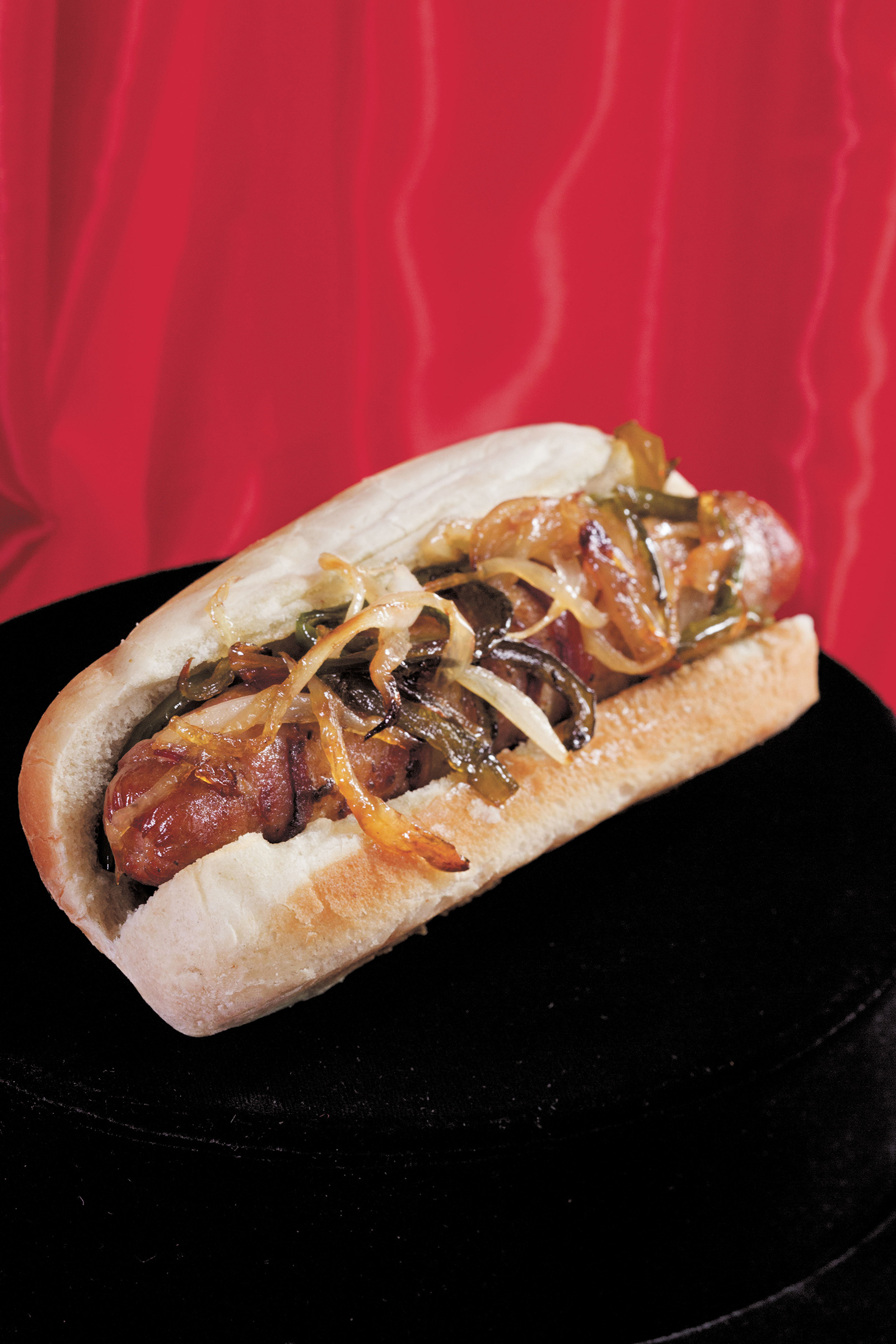
David Chang recently wrote about how the restaurant industry is in danger of imploding unless some major changes are made. Is this something that comes up a lot in your conversations?
Yeah. Within the restaurant industry there are a lot of different opinions, and Dave represents a major side of things. What Dave talks about is something that comes from a place of deep affection for the business that he’s dedicated his life to. He worries for it, for the quality of cooks and waiters, for the ability for the business to sustain small restaurants and quality restaurants. There are people who are less worried. It’s a constant discussion.
Does restaurant food need to become more expensive?
I live in a town in San Francisco where it’s extremely hard to run a restaurant. The cost of rent and ingredients is really high, and the cost of living for your staff is extraordinarily high. It’s nearly impossible to live in San Francisco on a cook’s wages or on a waiter’s wages and the only solution is to raise prices. People are used to paying a certain amount for restaurant food when in fact maybe it needs to be a little more expensive in order for it to work. It is a sort of pivotal time in the business. Being a cook is a tough job that requires real skill and experience, and getting paid the minimum wage to do it doesn’t really seem right when you think about it. It’s a lively and important conversation.
It’s very fashionable to be into food right now — do you think that’s going to ebb at some point?
We talk about this all the time. When this bubble is going to burst… we always make morbid jokes, like, “When people finally realize food is dumb, we’re all out of a job!” [Laughs.] No, I don’t think so. I think aspects of it will ebb, I think the spectacle part of it to be a little absurd. I was watching something on the plane called Man vs. Child and it was some cooking competition where an adult cook was competing against children.
That being said, I don’t think the idea of food and food culture is a fad. Food culture in the States is young, relative to other food cultures, and we’re learning to communicate about food and how food plays into so many other things. I think it’s more a sign of our food culture maturing.
Speaking of food fads, what’s the next big thing?
It seems like everyone’s into, for better and for worse, trying break into fast-casual food. You see the way the fast-food industry is reacting to that, too, leaning into organic agriculture, natural livestock, using buzzword-y stuff — you find Sriracha on so many fast food menus now. I think the next big thing is the democratization of good food. [David Chang’s counter-service fried chicken restaurant] Fuku is a good example of that. Shake Shack. Locol, in Los Angeles. Chefs hoping to spread what they know about producing food to more and more people.
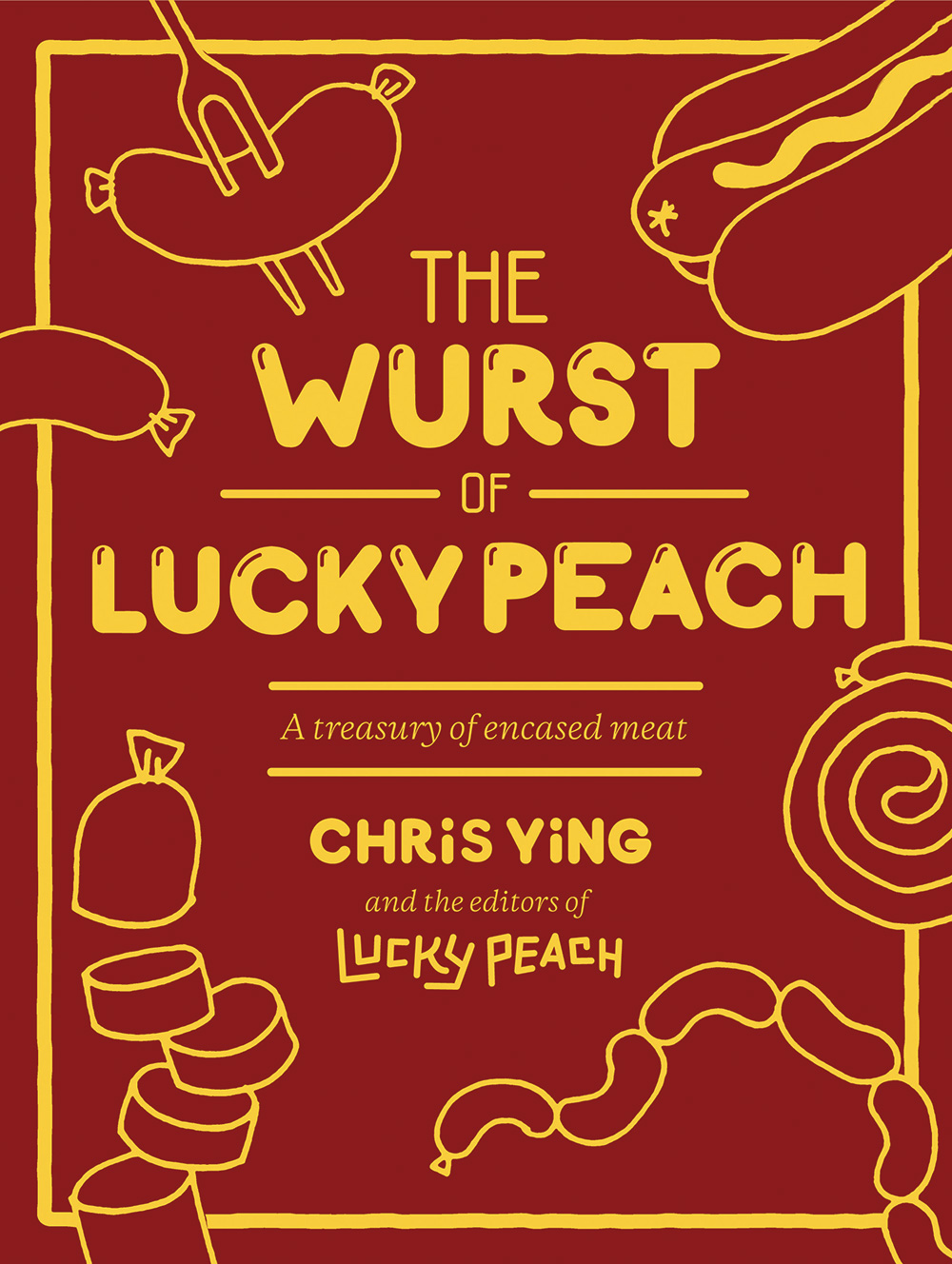
Instagramming of food: yea or nay?
Well I’m guilty of it so I’ll give it a half-yea. I go back and forth. The one thing I try to avoid is positing photos of things I didn’t really like… you can take a really great photo of something that wasn’t very good to eat. But the cooler thing to do is not take the photo and just eat it — that’s definitely the cooler thing to do, for sure.
Have we exhausted the world’s cuisines for the next big thing? Can there be another sushi?
I think there are so many different cuisines that can take off. Our next issue of Lucky Peach is about pho and Dave [Chang] talks in our introduction about how pho is poised to be as big as ramen is. Here’s this thing that a lot of people know some version of but isn’t as popular as it will be. But I don’t think it’s important to go into the jungle and find the next sushi, bring it back and put it on display. Mostly for sustainability reasons.
I have strong opinions about sushi and all of the downsides about how ubiquitous sushi has become. Should you be able to eat tuna nigiri in landlocked parts of the States? I don’t think you should. Should we be eating bluefin tuna at all? No. Definitely not. Are we all better as food lovers for having sushi? Yeah, sushi is one of the great things. Eating fish in Japan makes sense. Eating sushi made by somebody who’s spent 60 years perfecting it makes sense – those things are intrinsic to eating sushi. The nice thing is that there are other things to find and you don’t necessarily have to bring them back to enjoy them.
Japan is a big foodie destination these days. Do you have a must-visit spot to eat there?
If you travel a lot you’re used to going to a major metropolitan city and you can expect to get away with English. The thing in Japan is that everybody studies English in school, but spoken English is not a big thing. I don’t think I had a single bad meal in Tokyo, but I also had no idea where I was at any given time, ever. My tip would be that you don’t have to go to the Jiros and the Sushi Sawadas to have a great sushi meal. The $100 sushi meal that you get at the local sushi joint is going to be as good or better than anything you’ve had before. That’s the beauty and the tragedy of Tokyo— there are so many great places that aren’t big names, but I don’t know any of them.
